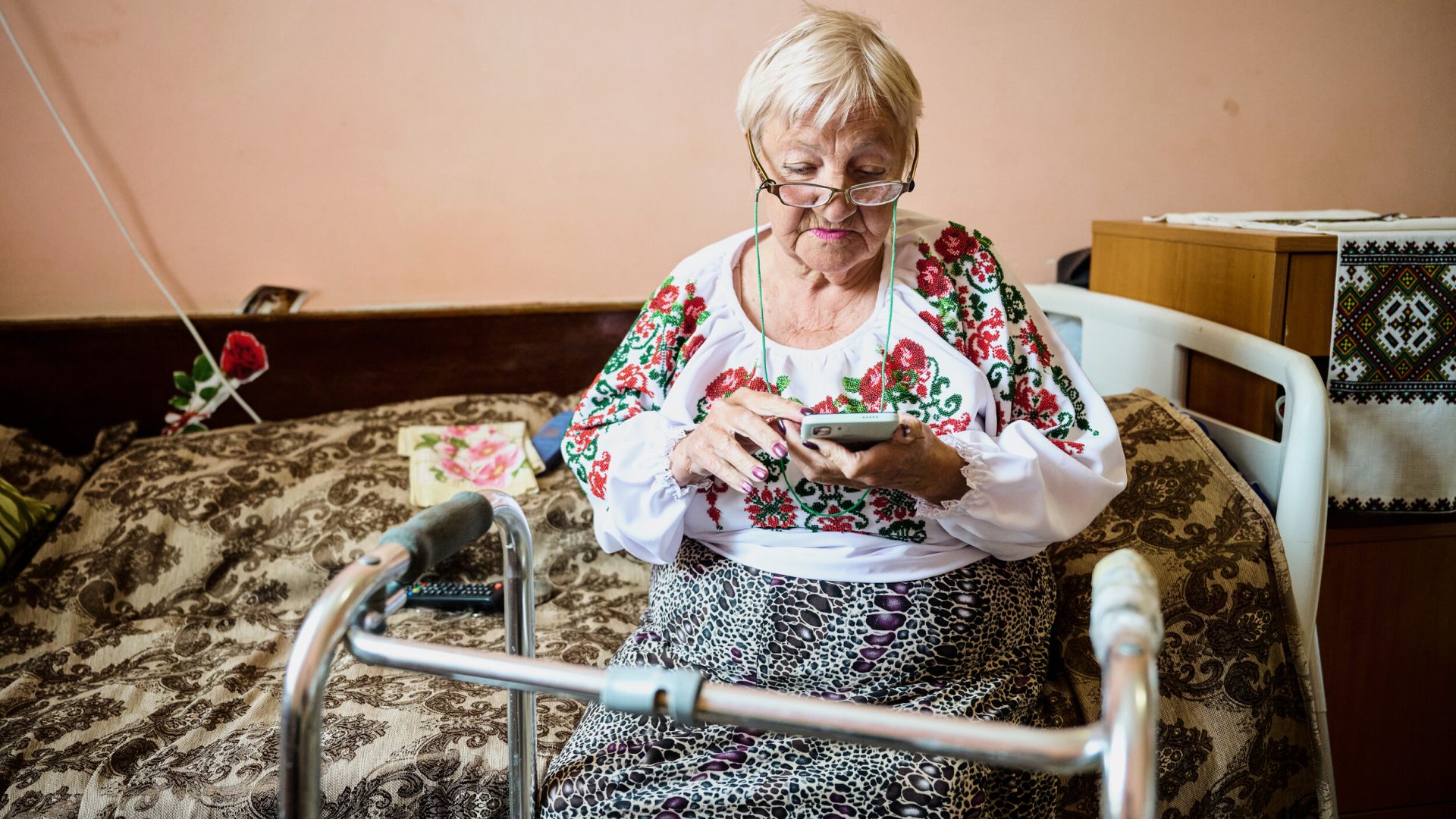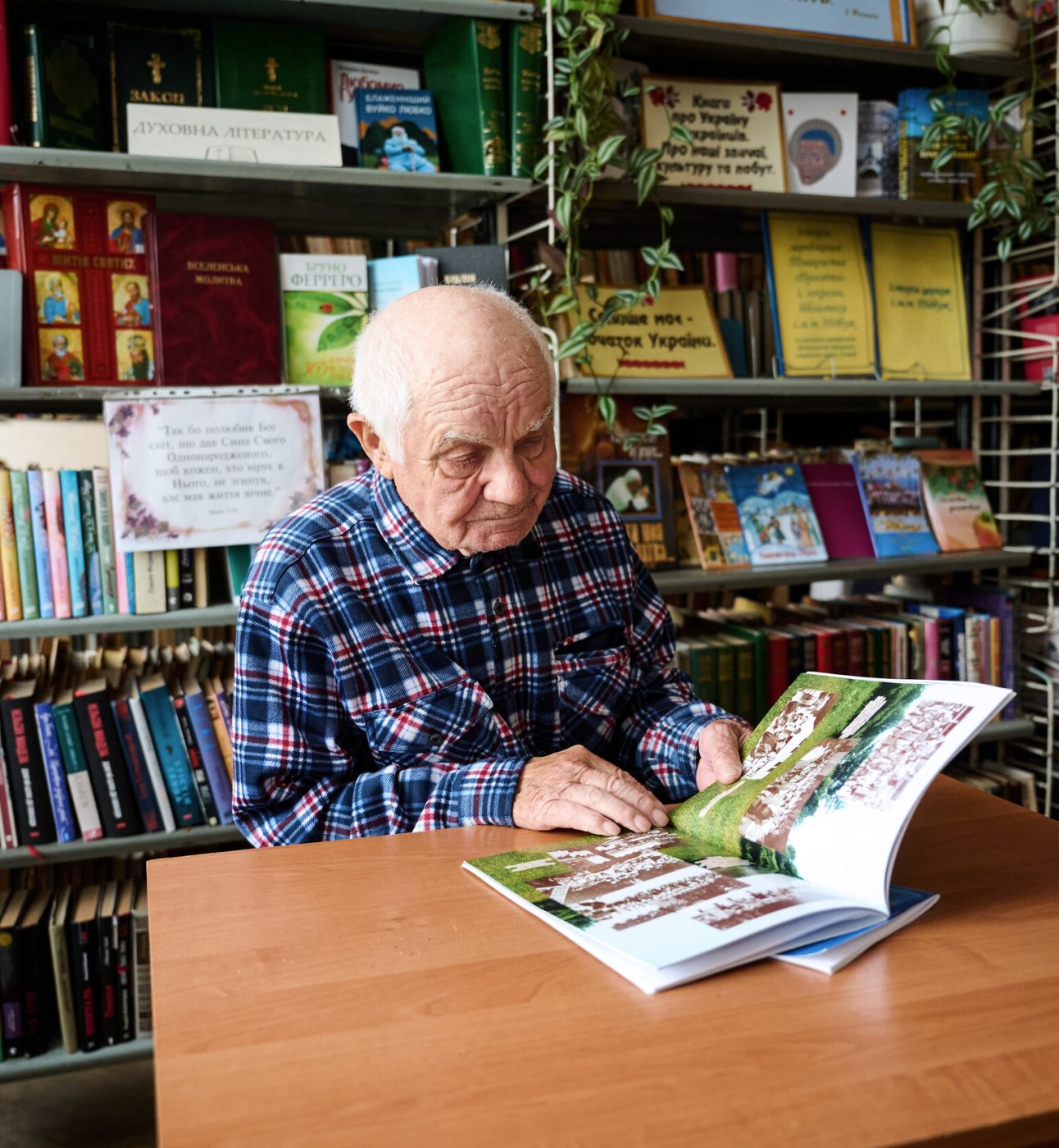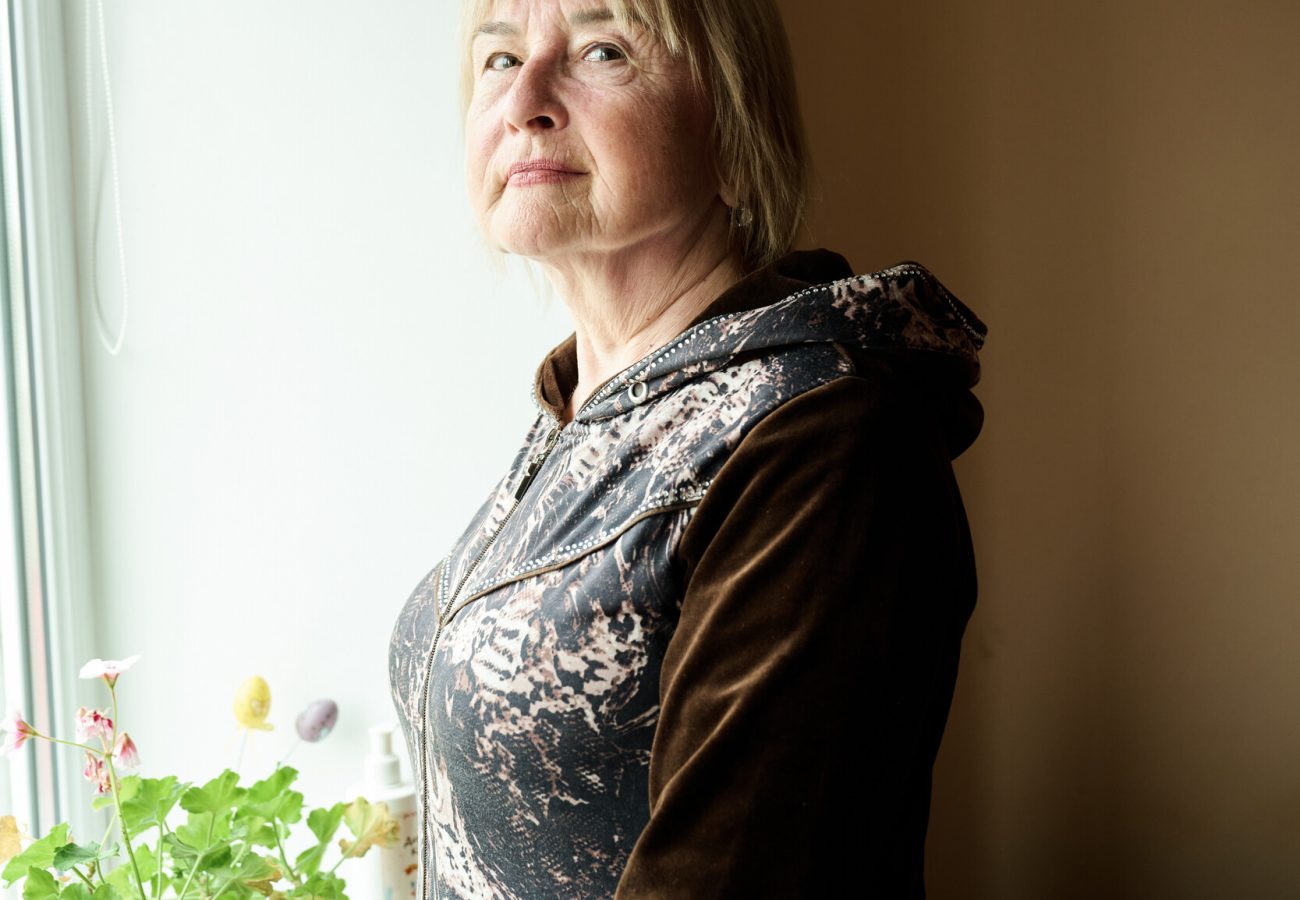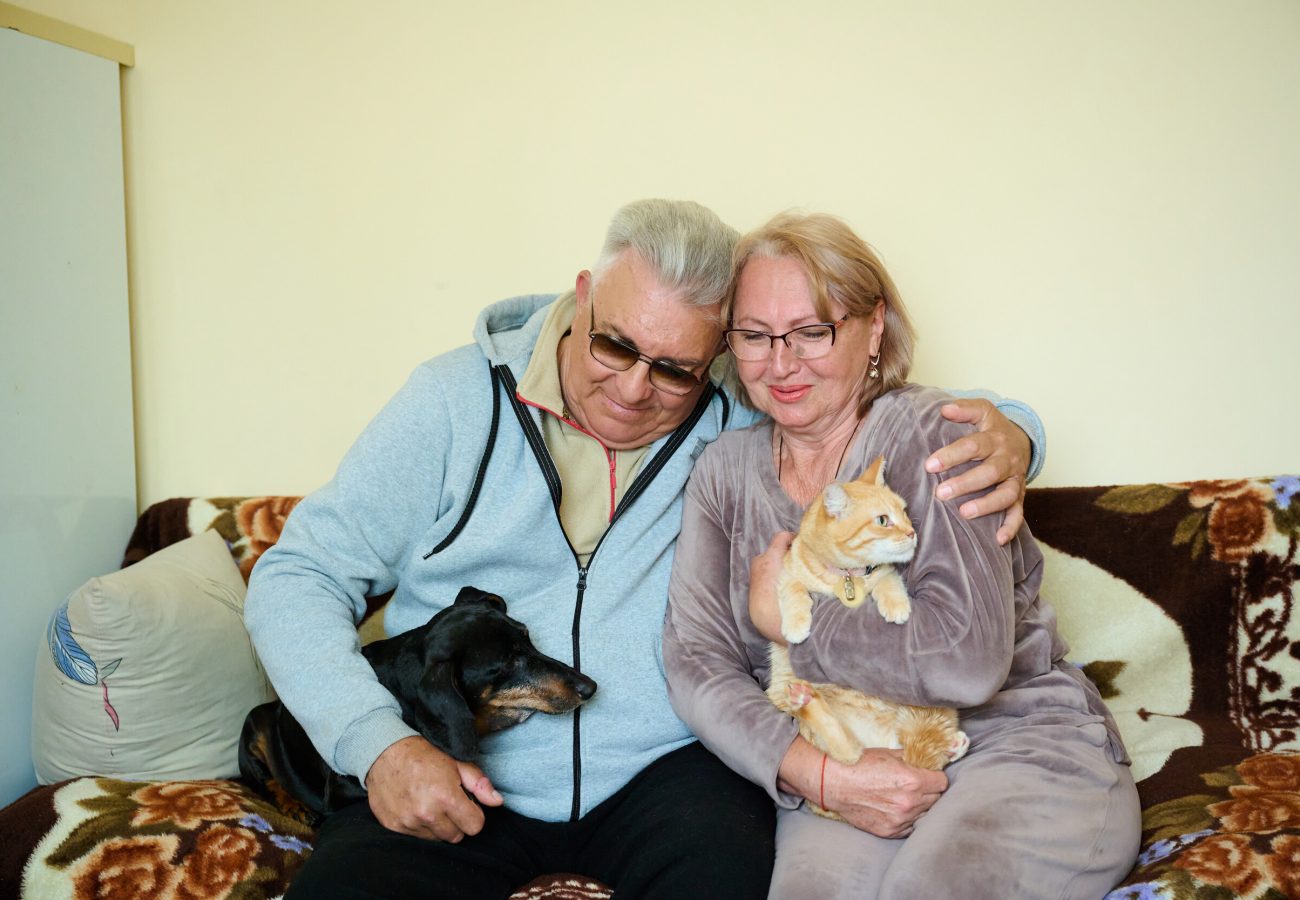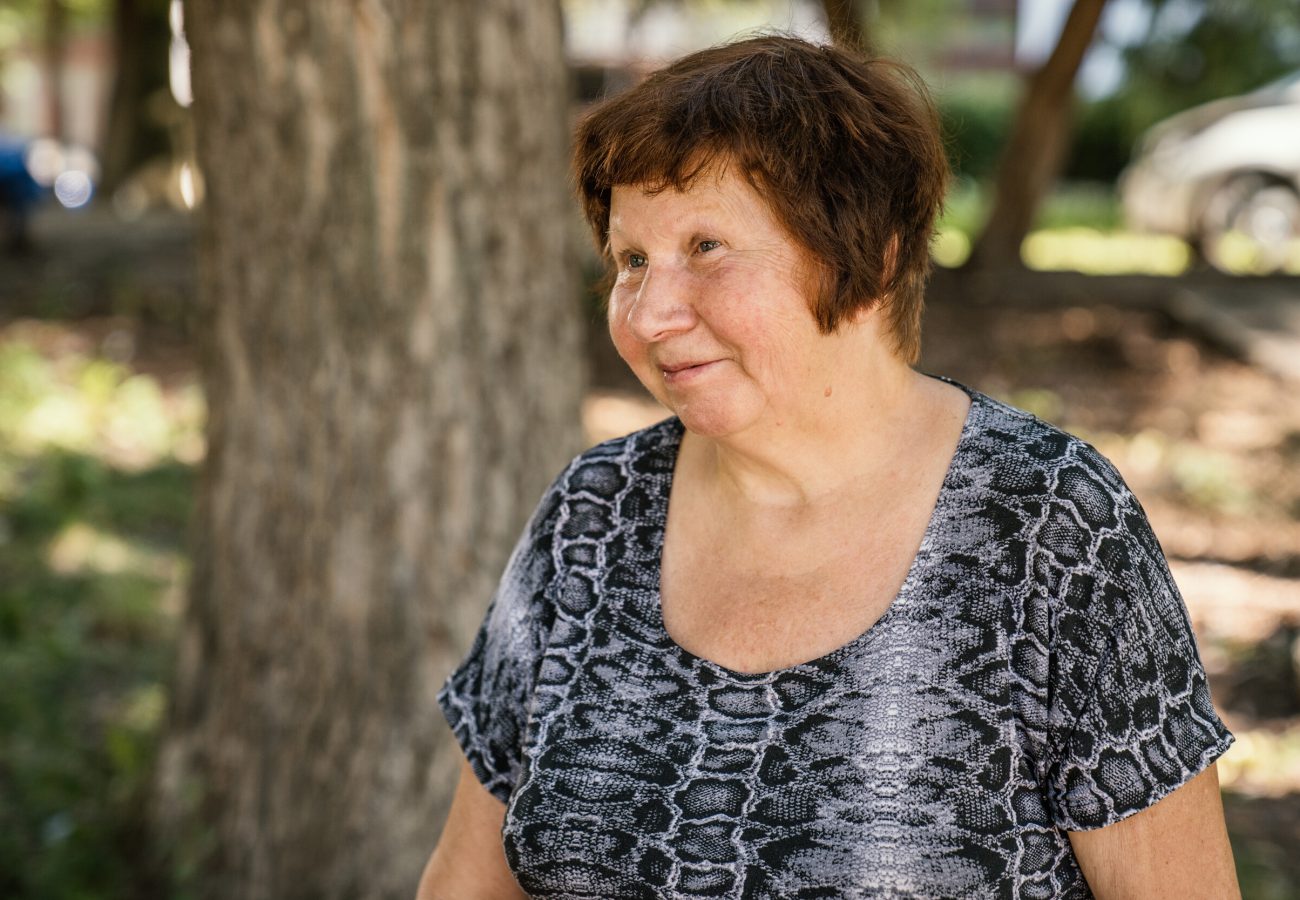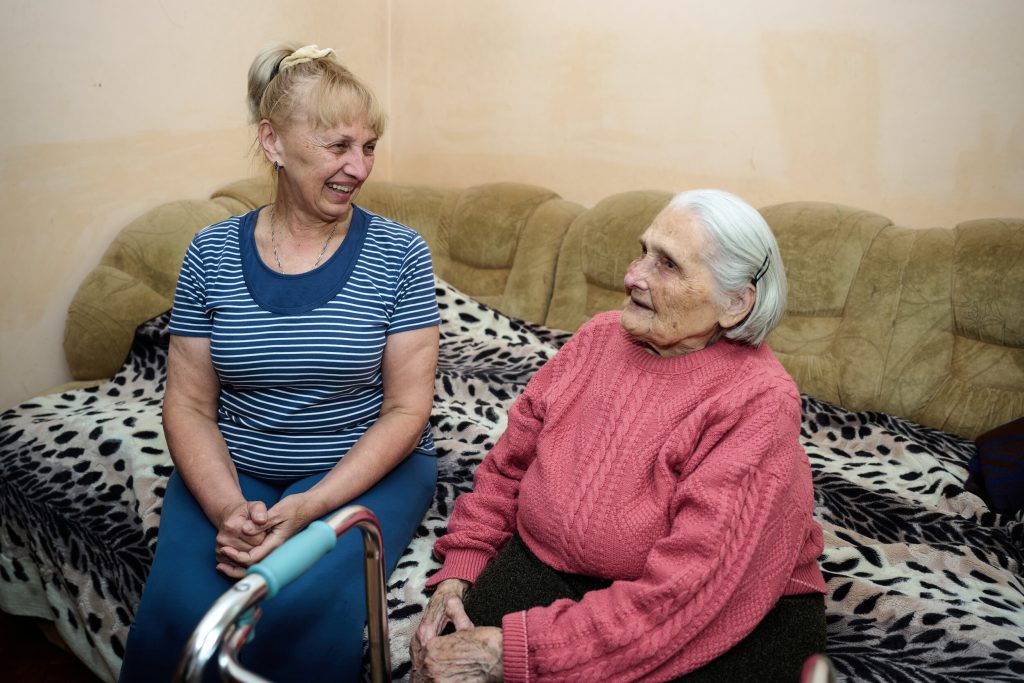Worsening conditions and a downward trend for older people
The report is based on a nationally representative survey and builds on HelpAge’s 2022 study.
The findings offer a rare comparison over time: 32% now lack safe shelter from the war, an 11% increase since 2022. The number of people struggling to afford basic items has gone up by 6%, with nearly all of those affected lacking money for food, medicine, and hygiene products.
Housing conditions have worsened, with two out of three people living in poor conditions and a growing number of which need urgent repairs. Mental health challenges are also rising, while access to support has dropped, leaving many to cope alone.
Left behind and shut out
When war strikes, older people are among those most at risk – yet they are rarely the first in line for help. In fact, only 32% of older people receive aid from humanitarian organisations.
They face barriers that many of us don’t think about. They can’t run when the air raid siren sounds. Many cannot climb down to basements or shelters. Some can’t leave their villages because they can no longer walk far. Others stay behind because they cannot afford to rent a new home or do not want to abandon their land and animals.
When help arrives, older people often can’t reach it – physically or financially. Some can’t use the internet to find out what aid is available or how to apply. Others can’t stand in long queues because they are too frail or too unwell.
This means they often go without – food, clean water, medicines, mental health support. Even the basics that most of us take for granted.
Older women hit the hardest
Older Ukrainian women are carrying the heaviest burden. Before the war, many were already living on low pensions – around 30% less than men receive. Now, skyrocketing prices for rent, heating, and food have pushed many older women over the edge.
- Nearly half of older women in Ukraine live alone.
- 68% say their pension is not enough to cover even basic needs like food or heating.
- Many skip meals, share medicine or stay in freezing homes to stretch their tiny incomes.
And the cost is not just physical. Older women speak of deep loneliness and anxiety. Many worry about dying alone, with no one to care for them or even to bury them.

